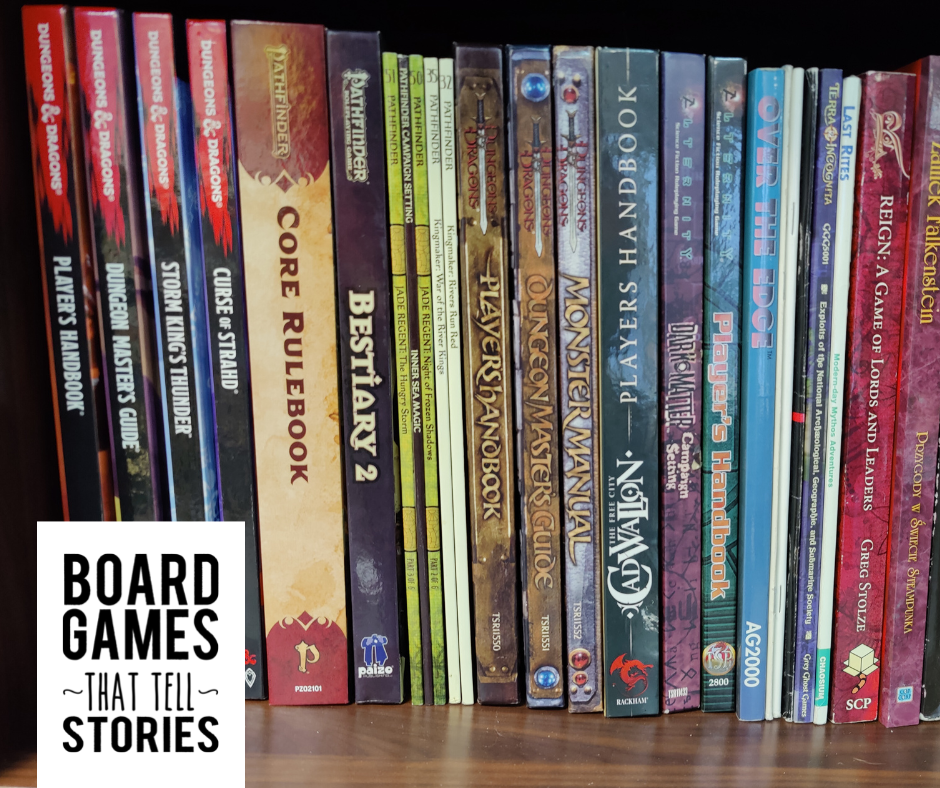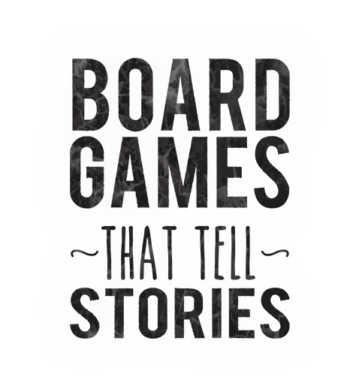Old School Gaming in 2023

It was a really clickbaity title. See for yourself: How A Forgotten D&D Rule Shaped the Entire Old-School Gaming Culture. Wouldn’t you click that?! Alright, maybe it’s clickbait just for the freaks like me. Anyway, I clicked it, of course, and watched it with my eyes wide open. In just a few minutes, I teleported to the 70s and saw how people played RPG games back in the day. To put it simply, they were playing Diablo, while I was playing Divinity: Original Sin. They were playing quick-paced quests, while I was taking part in long epic stories that could be taken straight from G.R.R. Martin’s books.
Every D&D session began with descending into the dungeons. Every D&D session ended with leaving the dungeons. It was all about Experience Points, spending money on new items, and getting ready for the next quests. Sounds like Diablo, right? But there was a catch in this clickbaity and forgotten rule…
At its beginnings, D&D as a hobby was trying its best to gain popularity, to have as many players as possible discover RPG games and just start playing. Creating the rules that forced the Game Master to end the session by getting out of the dungeon every time made it possible to play every session with different groups—something impossible nowadays. There were no complicated and unfinished campaigns. There was no cutting the session in the middle of the story. You got in, you slayed the monsters, and you got out. Next week, half of your group could consist of completely different people, who would once again get into the dungeon, slay the monster, and get out. Next week—yet another group.
There’s no need to limit yourself to just one group of friends. I don’t spend ten years playing with the same group of four people. Quite the contrary—I promote the hobby because the game incentivizes me to play nonstop, every week, and if one of my friends can’t show up or someone cancels at the last moment, I don’t have to call the session off—I just invite someone else.
And that’s how one Game Master could lead sessions for numerous new players. You didn’t have to cancel the sessions. You just had to play with different players. And the RPG games were slowly but surely gaining recognition.
***
Now, fifty years later, some of the most popular memes about RPGs are those about setting up the sessions. One player can’t play on Thursdays, this guy has time only after 6:00 p.m. on Fridays, and another has free Thursdays but only every other week. Setting up an RPG session nowadays borders on the miraculous. It always annoyed the hell out of me. I always gave a penalty of Experience Point loss or some other troubles on the next RPG session to the players who didn’t show up. I always hated this whole ritual of gathering the group and trying to find a date that would be accepted by everyone.
Starting in January, I’ll be playing in the old-school style. I’m currently preparing a good old-timey campaign—it’s about entering the dungeon, taking the loot, and leaving. I invited eight players. I don’t know if three, five, or maybe all of them will show up. I won’t be mad if one or two will cancel. I’m prepared for that. I’m old-school. The dungeon is ready. We start on January 12. If you come, you play. If you don’t, you don’t, you can come next time.
In your face, people who always cancel at the last moment!


 I strongly believe that good board game is the one that tells a good story. You play it and suddenly you are sucked into it, you feel chills on the skin. Emotions grow. In a moment you defend castle. You hear roar of warriors. You smell boiling oil. You are into it.
That's how I design my games. I always want to tell a good story. I want players to be into it. As deep as possible.
I strongly believe that good board game is the one that tells a good story. You play it and suddenly you are sucked into it, you feel chills on the skin. Emotions grow. In a moment you defend castle. You hear roar of warriors. You smell boiling oil. You are into it.
That's how I design my games. I always want to tell a good story. I want players to be into it. As deep as possible.




I agree, sometimes it is fun to go back to the episodic adventures rather than the long running campaigns. I love my ongoing gaming group and the multiyear story we continue to tell, but it is so dependent on everyone being available. A good old fashioned dungeon crawl where adventurers gather at the local tavern and snag hirelings as needed is a fun and relaxing time of gaming.